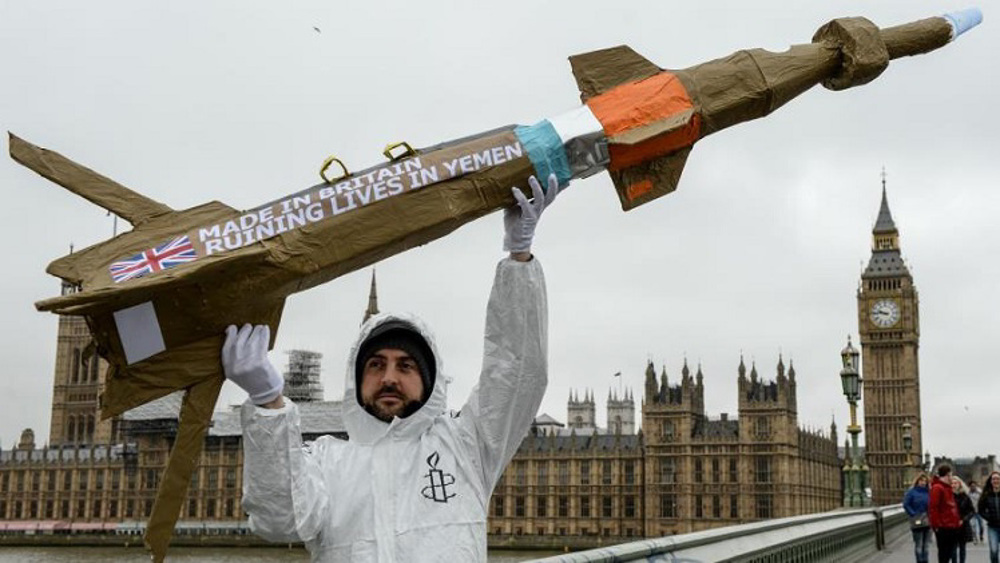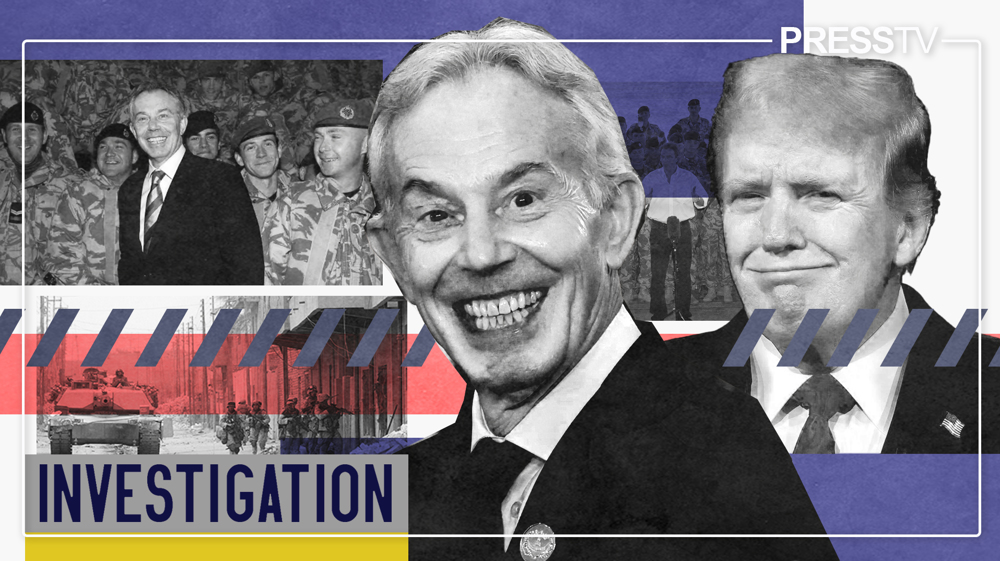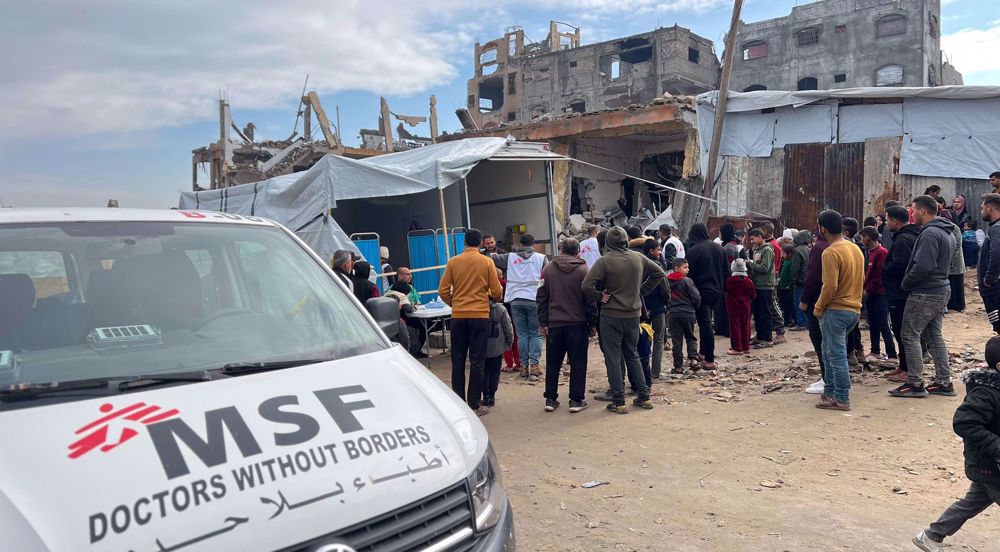UK cuts ‘Aid’ to Yemen while stepping up spying and military activities
The UK has drastically cut back humanitarian aid to Yemen even as the British military and intelligence services step up their activities in the war-torn country.
The announcement was made by the Minister of State for the Middle East and North Africa, James Cleverly, at a virtual donors’ conference on Monday (March 01).
Announcing a £77 million cut to the aid budget for Yemen (£87 million this year as opposed to £164 million in 2020), Cleverly justified the reduction on grounds of “recent global challenges” which had “meant a difficult financial context for us all”.
The UK’s decision to reduce humanitarian assistance has been decried by officials in the aid community.
The Secretary-General of the United Nations, António Guterres, described the reduction of aid as a form of “death sentence”.
However, the cut in aid does not translate to a reduction of the UK’s involvement in Yemen’s multi-layered conflict.
The UK continues to be an enthusiastic member of the Saudi-led coalition trying to topple the Yemeni government in Sana’a.
In early February the UK refused to follow the US in suspending arms sales to Saudi Arabia for offensive use in the Yemeni conflict, with British ministers arguing they make their own decisions about military assistance to the Saudi regime.
In tandem with the UK’s military involvement in Yemen, the UK’s foreign intelligence service (MI6) is also reportedly stepping up activities all over Yemen, with a particular focus on the central and northern regions of the country.
Late last month Yemen’s Security Intelligence Service (YSIS) announced it had detained six suspected spies working for MI6.
Yemeni media published photos of the suspects and provided details on their spying activities on behalf of MI6.
According to local media, the six suspects “admitted” to “recruiting, training, spying and carrying out sabotage operations”, all under the direction of a senior MI6 officer based at the al-Ghatdha airbase in Mahrah province, situated in southern Yemen.
VIDEO | Sana’a marks February 11 anniversary with mass rally at US embassy site
VIDEO | Iran’s Embassy in Ethiopia celebrates 47th anniversary of Islamic Revolution
Saudi leaders congratulate Iran on 47th anniversary of Islamic Revolution
VIDEO | Iranian embassy in Malaysia celebrates Islamic Revolution anniversary
VIDEO | Press TV's news headlines
VIDEO | Hundreds protest Israeli president's visit in front of Australia's parliament house
Iran officials hail massive rallies marking Islamic Revolution anniversary
Global congratulations pour in for anniversary of Islamic Revolution










 This makes it easy to access the Press TV website
This makes it easy to access the Press TV website